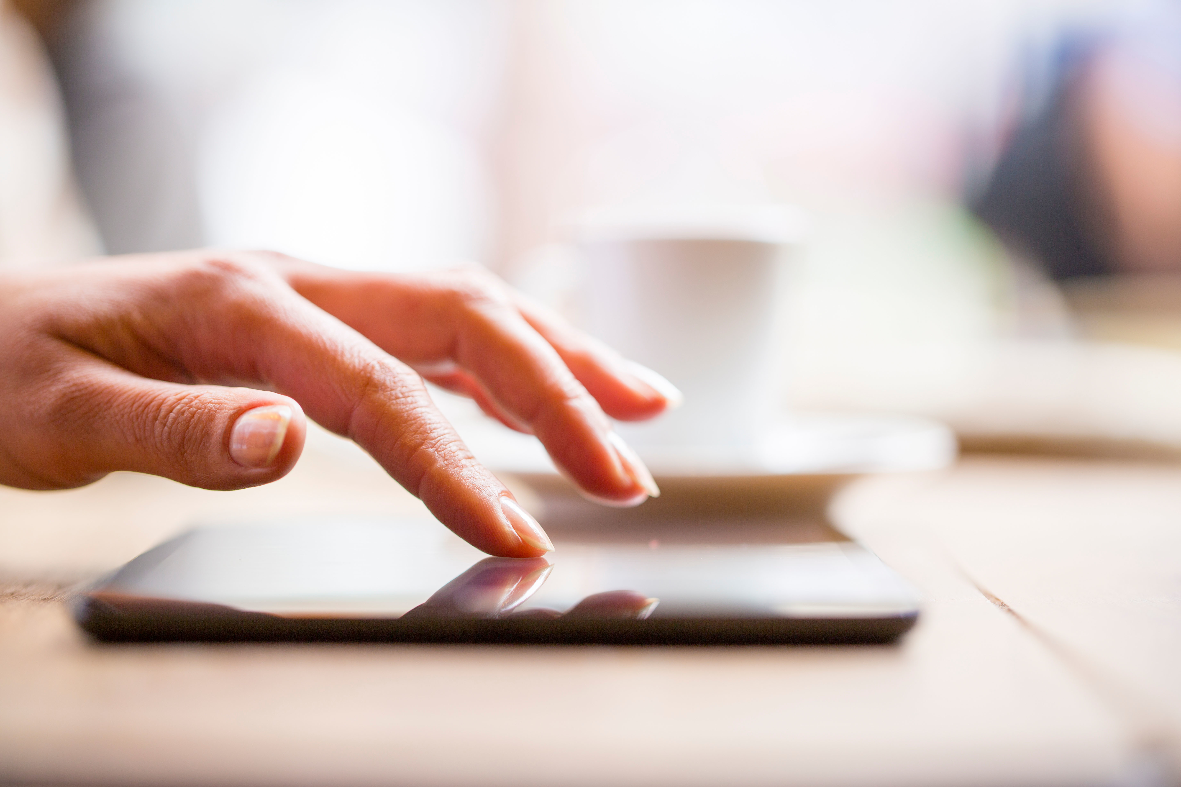From the bright colors, to the chirps and beeps, to the constant streams of information- our mobile devices are designed to do more than just keep us connected. They were designed to make us addicted.
Jen Fisher, national managing director for Well-being at Deloitte LLP and co-author of Positive technology Designing work environments for digital well-being is familiar with the undeniable allure of digital technology. While she has studied the topic in-depth, she admits that her best insights into building better digital habits comes from her own struggle to manage the constant lure of her digital technology.
When did you start to realize that you may be too consumed by digital technology?
I think in the back of my mind, I was aware for a long time that I was becoming too addicted to my mobile phone. I travel a lot for work, so I am constantly using it on the road to stay connected with colleagues and call into meetings, and I am also very active on social media so I am constantly sharing pictures, news, and updates on everything related to well-being. Checking my phone and engaging with it (instead of others) just became second nature for me. It wasn’t until a friend who I was having dinner with one night called me out on the fact that I was constantly checking my phone when I was supposed to be talking with her! And it’s not that others hadn’t pointed it out before then, but it was after that dinner that I really started to realize that it was a constant distraction – and it was winning – when I was trying to connect with friends and family in-person.
Physical disconnection seems to be a common outcome of digital addiction, are there other ways that digital reliance affects our well-being?
Definitely. Aside from its effect on our relationships, it can have a detrimental impact on our sleep. Not only are we constantly checking our phones when we should be winding down to prepare our bodies for bedtime, but the blue light emitted from screens reduces the melatonin required for good sleep.
Additionally, it can negatively effect our mental and emotional well-being. You have probably heard the term FOMO (fear of missing out) on social media; we are constantly exposed to curated content that only shows the positives, which can create feelings of being excluded or even inadequacy by comparison.
So how can we build a healthier relationship with digital technology?
Technology has integrated into our lives at such an exponential rate that we are only now recognizing some of the negative impacts. So I think it all starts with awareness. Our digital habits have become so automatic that we often don’t even realize how much we are checking our phones. In fact, we can leverage our digital technologies to help us become more aware. For instance, you can set reminders on your calendar to alert you to take a digital break during the day. The key is sticking to them and not automatically hitting ignore.
Also, creating digital-free times or zones can help you create buffers around your digital use. I make my bedroom a no-phone zone so that I am not tempted to check my email or social feeds when it’s time to sleep. Sometimes when I feel my bad habits creeping up, I do a week-long digital detox to reset myself.
Recently, a group of friends and I decided to take a break from social media, so we each had our spouses change our passwords from Monday-Friday, giving it back to us on the weekend. At first, it was really hard, but then I started to realize how much more time I had in my day to read, journal, meditate and self-reflect. We kept a group text open to support each other and to create accountability.
What is your best hack for breaking digital addiction?
Grayscale has changed my life! By removing the color from my phone (which is a mobile device setting that you can activate) I have found that I am less interested in constantly checking my phone, looking at pictures, or scrolling through social feeds. It really does make your mobile device the ‘tool’ it was intended to be vs all consuming. It seems so simple but it can have such a big impact on your digital habits.
I also love to hear what works for other people, so if you have a hack for managing digital addiction, tweet me at @JenFish23. Just make sure you take a digital break afterwards!
Please read our disclaimer information here.


